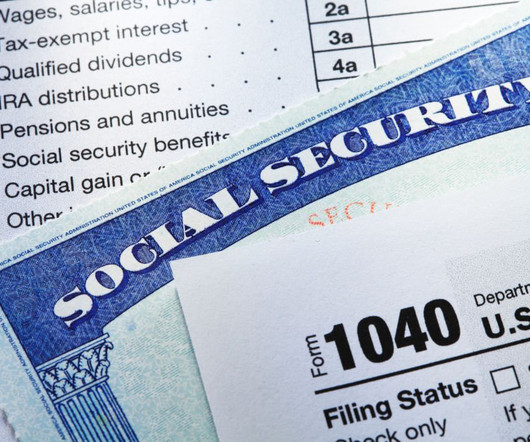Employer Payroll Tax Obligations When Employees Work Out-Of-State
Anders CPA
MAY 15, 2023
This changing employment landscape requires employers to reassess their payroll tax withholding processes to ensure you are withholding the proper amount of state, local and unemployment taxes from your employees’ wages. Below we dive into the state and unemployment tax responsibilities employers need to know.












Let's personalize your content